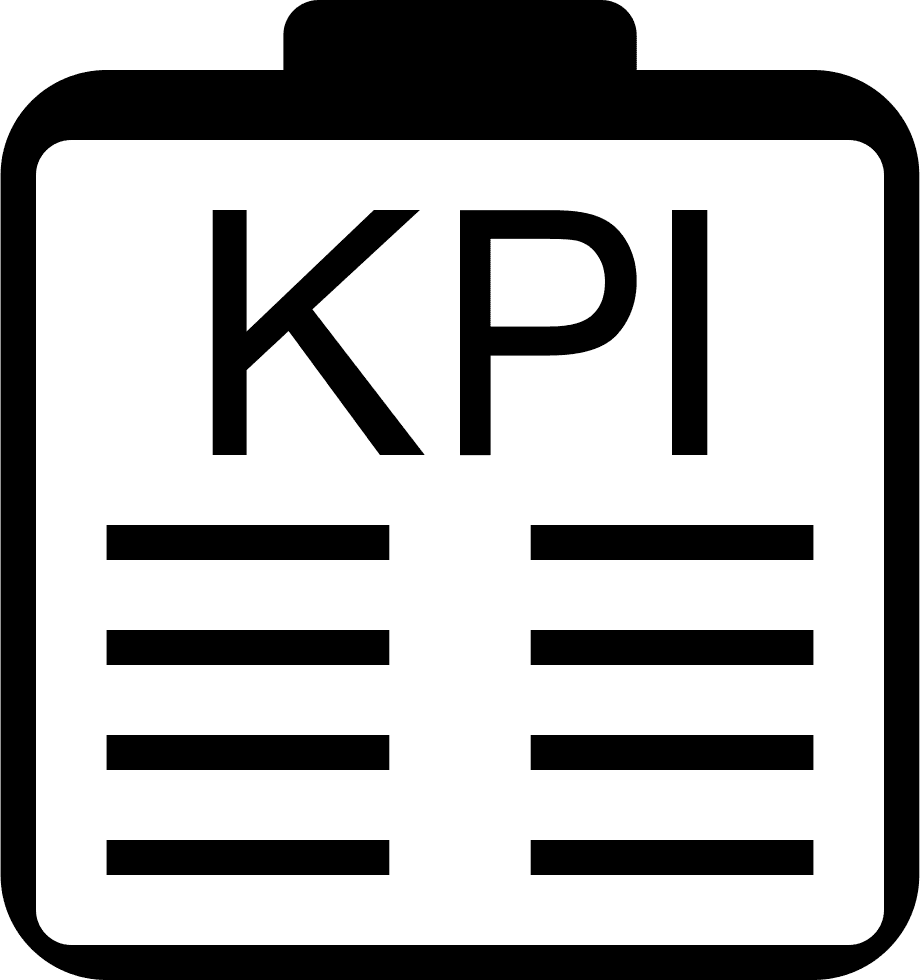Search Engine Journal states that 86% of B2C marketers believe content marketing is integral to their operations. If that’s the case, why aren’t more marketers seeing their content marketing efforts result in more conversions?
The reason is that your content marketing strategy doesn’t include any reliable data. A data-driven content marketing strategy is more efficient as it saves time, money, and effort by delivering the right content to the right audience at the right time.
Including data in your content marketing strategy ensures that your content doesn’t go unnoticed. In this article, I will discuss different key performance indicators (KPI) that your business should include in your content marketing strategy.
A data-driven content marketing strategy saves you money, time, and effort by delivering the right content to the right audience at the right time.
What are KPIs?

Before we begin you should understand the definition of KPIs, or key performance indicators. A key performance indicator is a measurable value that demonstrates how effectively a company is achieving key business objectives.
When developing a data-driven content marketing strategy, it’s important to figure out what data is important for your business.
A KPI is a measurable value that demonstrates how effectively a company is achieving key business objectives.
There are so many KPIs that can be tracked, but that doesn’t mean you should track all of them. Tracking too much data can quickly become confusing. Start by coming up with the definition of success for your content marketing strategy. This will help your team know what they’re trying to achieve.
What’s your definition of success?
Using analytics tools like Google Analytics can help measure certain KPIs that will help measure the success of your content marketing strategy.

Traffic
Knowing where your traffic is coming from is an important KPI to measure. Your traffic could be coming from search, email, social, or referral channels.
Tracking where your traffic is coming from can help when determining where and if you should increase or decrease your efforts.
Where is your traffic coming from?
If your search traffic is low, this gives your business the opportunity to spend more time on SEO. When it comes to low social traffic, your business may decide to put forth more effort in social media posting or paid ads. Your business may also decide to decrease efforts if it’s not worth the time you’re putting in.
Referral traffic can let you know how your visitors found your website outside of Google. Examples of referral traffic can be a hyperlink on another website.
Email traffic is just how it sounds. Traffic is driven to your website through email marketing campaigns.
Average Time on Page

How much time is a visitor spending on your page?
Are they clicking the link to your content and exiting immediately after?
Are they actually taking the time to read the valuable content you offer?
This metric offers insight into what pages are performing well. Tracking this method in your content marketing strategy also gives you an idea of how relevant your content is to viewers.
Your content should always answer a question or solve a problem. So if visitors are taking two minutes to read a 10-minute article, then they’re probably not reading it. If that is the case, have a look at your content and make it more engaging.
Goal Completions
In Google Analytics you can set up goals. Goals fall into four categories: destination, duration, pages/screens per session, and events. The following are examples of goals:
- Subscriptions
- Five minutes or longer spent on a specific page
- Four or more pages have been loaded
- Social recommendation or ad click

Tracking your goals can let you know what’s working and what’s not.
Are visitors subscribing to your newsletter? Are they clicking on your video? Are they reading more than one piece of content?
Your business should already have a list of goals you want to be accomplished. Tracking your goals on Google Analytics makes the job that much easier.
Start Tracking Your Data Today
As I stated earlier, there are many KPIs your business can choose to track. The most important thing is to track something and include it in your content marketing strategy. Without data in your strategy, how will you know the success of your content?
Tracking data is never a one-time thing. It’s an ongoing process that your business should get in the habit of doing. Start tracking your data once a month and increasing that number as necessary. Over time you will start to see patterns in your data that will help make your content marketing strategy even better.
Contact EWR Digital for Better Content Marketing Strategy
If your business is still unsure about what data to track or would like some assistance, hire an agency. Here at EWR Digital, we have a team of marketing experts trained in analytics and content marketing strategy. Contact us today at 713-597-2656 and let’s get started.
What Data Should Guide Your Content Marketing Strategy? | EWR Digital – Houston, TX



